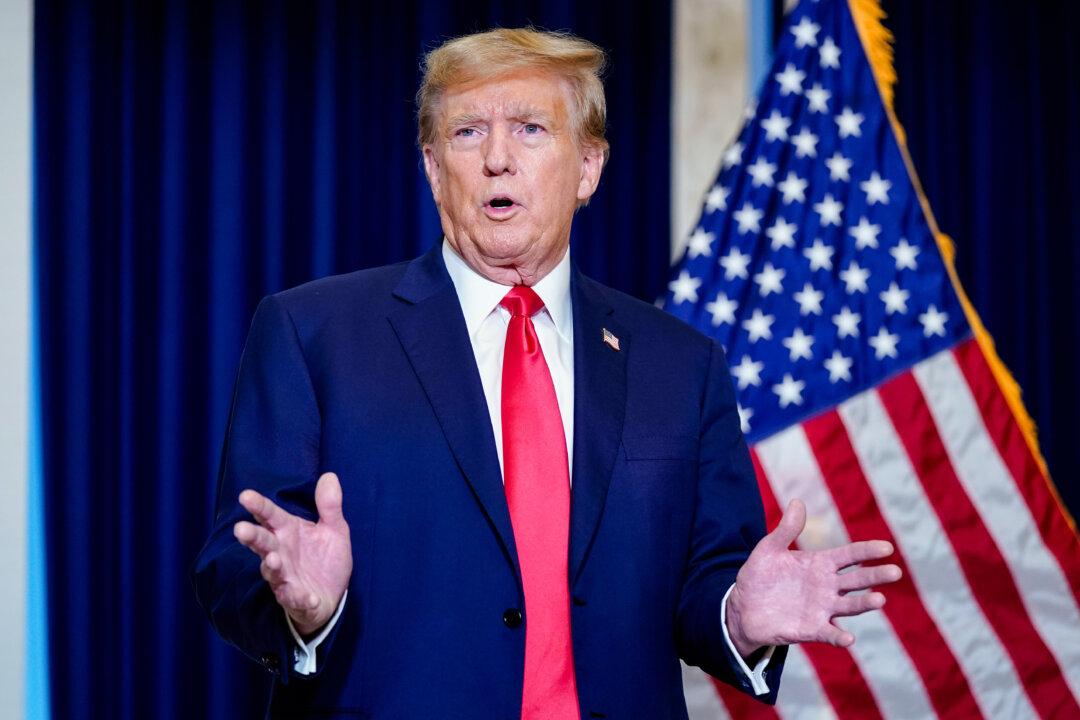Legal counsel for six Colorado voters whose petition ended with a disqualification of former President Donald Trump as a candidate in the Colorado Supreme Court are now asking the U.S. Supreme Court to affirm that ruling.
“There is no basis to disrupt the state court’s interpretation of state law, which enforced rather than “circumvent[ed]” the Constitution,” they argued.





